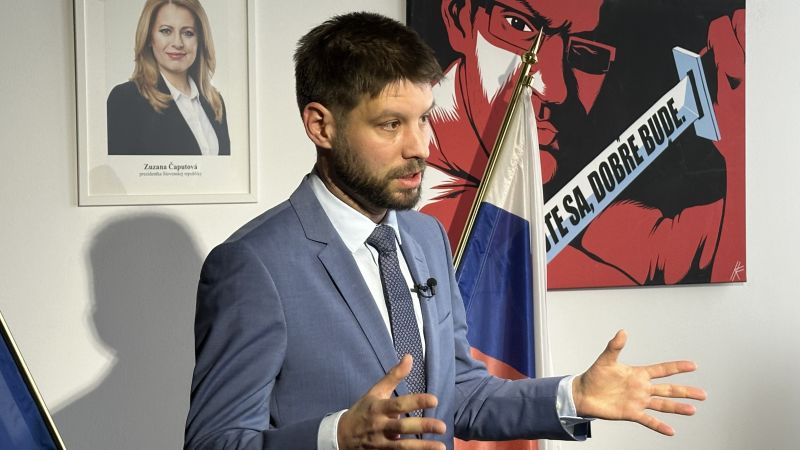A fake recording of a candidate saying he’d rigged the election went viral. Experts say it’s only the beginning::Days before a pivotal election in Slovakia to determine who would lead the country, a damning audio recording spread online in which one of the top candidates seemingly boasted about how he’d rigged the election.



Fundamentally we as a species have lost the use of face and voice in a video to establish authenticity.
A person can spoof an email, and we have cryptographic signatures as a means of authentication.
So if I record myself saying something I could sign the video I guess (implementation TBD lol).
But what if someone else (news agency say) takes a video of someone else, how do we authenticate that?
If it’s a news agency they could sign it. Great.
But then we have the problem of incentives, too. Does the benefit of a fake outweigh the detrimental effects for said news agency?
The most damage would be to the person being videoed (reputation, loss of election, whatever). There would be less damage to the media company (“oops so sorry please stay subscribed”). You could add fines but corporate oversight is weak. And the benefit of releasing a fake would be clicks and money so a news company would be a lot more likely to pass along a fake as real.
So I guess I have no idea what we do. At the moment we are fucked. Yay.
Vocal chord implants which sign whatever you’re saying and emit the signature with ultrasound.
But then it hinders the denouncing of police violence, whistleblowing, and allows corporations to sign their claims while what regular people record will be assumed to be false
Edit: reporting can also be done as a second hand account, reposting videos/photos already in circulation, meaning that either a news company will sign those second hand recordings at the risk of validating AI content, or only their own corporate recordings will be used.
No one wins in any case